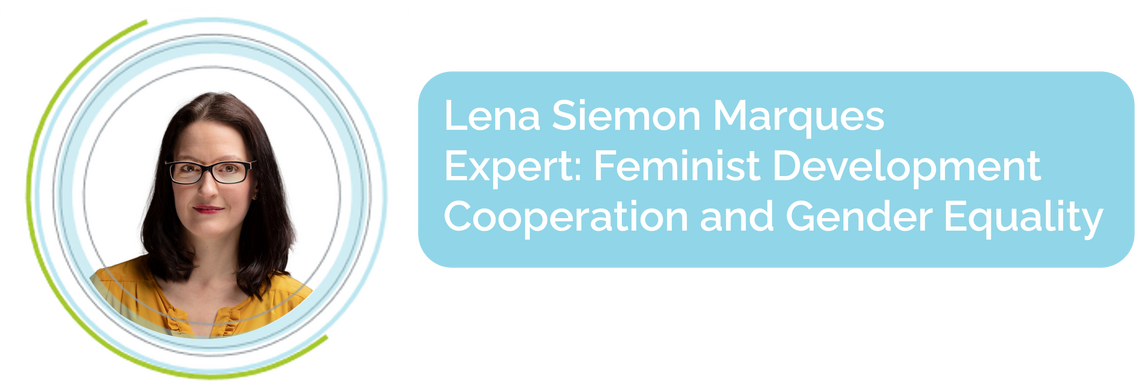Final Evaluation of the Project “Promoting an integrated approach to end violence against women and reinforcing gender equality in Georgia"
The project (2020–2022) enhanced gender equality and combated violence against women in Georgia through capacity building, policy tools, and public awareness campaigns. Mainlevel evaluated its alignment with the Istanbul Convention, effectiveness, and sustainability.
The project (2020–2022) aimed to combat violence against women (VAW) and promote gender equality in Georgia, aligning with the Istanbul Convention. Activities included capacity building, policy development, and public awareness campaigns. With a budget of €1.11 million, it supported local authorities and civil society, addressing systemic challenges such as gender-based violence and social exclusion, exacerbated during the COVID-19 pandemic. Mainlevel Consulting AG evaluated the project’s outcomes, efficiency, and sustainability, providing actionable recommendations for future initiatives. Mainlevel conducted a comprehensive evaluation of the project, using desk research, stakeholder interviews, and surveys. The focus was on assessing the project’s effectiveness in addressing gender inequality and violence, its efficiency in resource utilisation, and its long-term sustainability. The project was highly successful, achieving significant outcomes despite resource constraints and external challenges. It enhanced awareness, improved institutional capacities, and laid the groundwork for sustainable structural reforms, particularly in legal frameworks.
- Relevance: The project was well-aligned with international frameworks, such as the Istanbul Convention and SDG 5, and addressed critical national needs through stakeholder-driven approaches.
- Coherence: The project complemented other donor interventions and leveraged synergies through its coordinative role, ensuring no duplication of efforts.
- Effectiveness: Trainings and capacity-building activities significantly increased awareness and improved stakeholder cooperation, with tangible outcomes such as legal amendments on rape definitions.
- Efficiency: Despite a modest budget, the project delivered high-impact results. Online adaptations during the pandemic increased participant reach, though logistical challenges persisted.
- Impact: Early impacts included increased prosecutions for sexual violence and attitudinal shifts among stakeholders. However, the full impact will require time to materialise.
- Sustainability: Capacity-building efforts, such as training-of-trainers, and developed tools ensure scalability and institutionalisation, though high staff turnover and funding constraints pose risks.
Recommendations
- Focus on Prevention: Address underrepresented topics like early prevention of violence and engagement of vulnerable groups.
- Expand Outreach: Broaden the reach within target groups and identify influential change agents to maximise impact.
- Support Legal Reforms: Continue advocacy for legal changes, particularly around consent-based definitions of rape.
- Enhance Capacity-Building: Maintain and scale successful training initiatives to reinforce institutional changes.
- Secure Long-Term Funding: Explore sustainable funding mechanisms to ensure continuity of project activities and outcomes.
Want to know more? Read the report or get in touch with our sector expert
